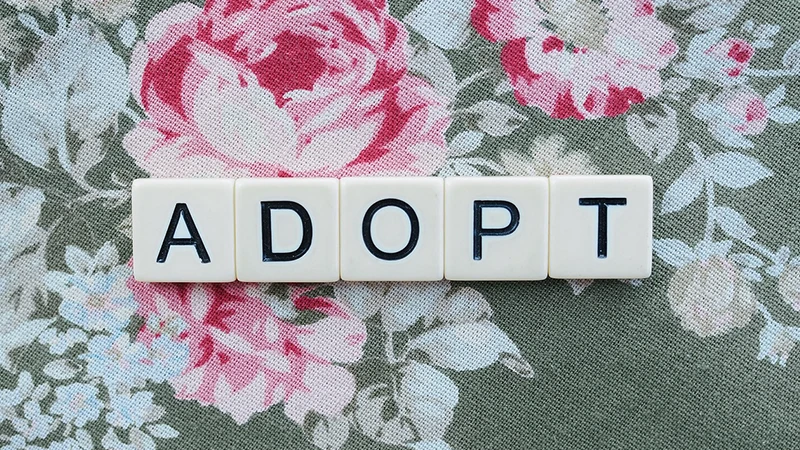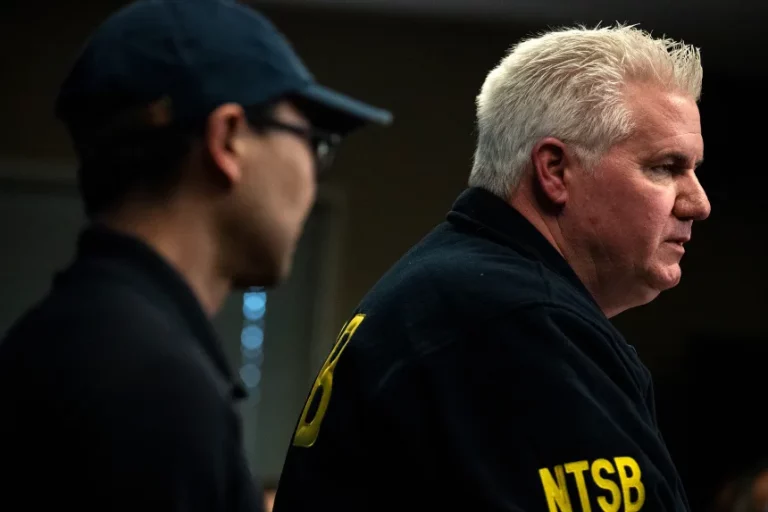The story of Baby Veronica is one of the most complex and controversial cases in modern American adoption history. For prospective adoptive parents, birth parents, and legal professionals, it offers a rare window into how adoption law intersects with federal statutes, parental rights, and the emotional lives of children.
Unlike most adoption stories, Baby Veronica’s journey involved legal battles spanning multiple states, debates over tribal rights, and a court decision that would ultimately shape adoption practices across the United States.
Background of the Baby Veronica Case
Veronica was born in Oklahoma in 2009. Her biological mother had decided to place her for adoption. What seemed like a straightforward adoption soon became a legal nightmare.
Veronica’s biological father, who was an enrolled member of the Cherokee Nation, had limited contact with her at birth and had not been fully informed of the adoption process. He did not sign proper consent forms, or at least not in a way recognized under federal law, which later became the central issue in court proceedings.
A couple in South Carolina, deeply committed to adopting a child, took Veronica home shortly after her birth. They named her Veronica, raised her, and bonded with her as their own.
By all outward appearances, this was a classic case of American adoption: a birth parent voluntarily placed a child with a loving family, and the adoptive parents provided a stable home.
But the legal story was far from simple.
The Legal Battle
The dispute centered on the Indian Child Welfare Act (ICWA) of 1978, a federal law designed to protect the rights of Native American children and their tribes in adoption and foster care proceedings.
ICWA gives tribal members the right to intervene in adoptions of Native American children and requires special procedures for consent and termination of parental rights.
In Veronica’s case, the biological father argued that his rights under ICWA had not been honored. South Carolina courts initially sided with the adoptive parents, allowing Veronica to remain in their care for more than two years.
However, Oklahoma courts later reversed this decision, granting custody to her biological father.
Finally, in 2013, the United States Supreme Court weighed in. The Court ruled in favor of the adoptive parents, allowing Veronica to remain in South Carolina.
This ruling highlighted critical nuances of ICWA and clarified that adoptive parents could legally retain custody under specific circumstances, even when tribal rights were invoked.

Key Legal Questions Raised
The Baby Veronica case illuminated several recurring issues in American adoption law:
- Parental Consent
Adoption cannot proceed without proper legal consent from both biological parents. The case demonstrated that incomplete or improperly documented consent can trigger years-long litigation, disrupting the lives of children and adoptive families alike. - ICWA Compliance
While ICWA protects tribal children and prioritizes their cultural heritage, it also introduces legal complexity. Prospective adoptive parents must ensure that adoption agencies fully comply with ICWA requirements to avoid later challenges. - Jurisdictional Challenges
Veronica’s adoption involved multiple states: Oklahoma (birth state), South Carolina (adoptive home), and federal oversight. This created legal tension over which state law should apply and how federal law interacts with state adoption procedures. - Child’s Best Interest vs. Parental Rights
Courts frequently wrestle with balancing biological parental rights and the child’s best interests. Baby Veronica’s case highlighted that legal processes can override emotional bonds established with adoptive families, even after years of care.
Emotional and Social Impacts
Legal scholars, social workers, and psychologists have noted the profound emotional consequences of cases like Baby Veronica:
- For the child: Multiple home transitions during early childhood can lead to confusion, attachment issues, and long-term emotional stress.
- For adoptive parents: Loving families often experience grief akin to losing a child, along with the emotional strain of prolonged litigation.
- For birth parents: Even when asserting legal rights, birth parents face public scrutiny, emotional distress, and the complex challenge of reintegrating a child they may have given up for adoption.
The case fueled nationwide discussions about how adoption laws can be improved to protect all parties involved, including the child’s welfare, which should remain the ultimate focus of any American adoption.
State and Federal Implications
1. ICWA Awareness in Adoption Agencies
After Baby Veronica, adoption agencies nationwide became more vigilant in identifying Native American heritage early in the adoption process. Agencies now routinely:
- Check tribal affiliation through the Putative Father Registry and tribal enrollment records.
- Require legal counsel to review ICWA compliance.
- Educate adoptive parents on federal and state requirements.
2. Adoption Documentation
The case highlighted the importance of meticulous documentation, including:
- Verified parental consent
- Home study reports
- Legal filings in multiple jurisdictions
3. Legislative Discussions
While the Supreme Court resolved the immediate dispute, the case prompted lawmakers and advocacy groups to discuss reforms aimed at reducing interstate legal conflicts, ensuring timely placements, and safeguarding adoptive families.

Lessons for Prospective Adoptive Parents
- Legal Counsel is Essential
Engage an adoption attorney who understands both federal law and the nuances of your state’s adoption statutes. - Confirm Tribal Heritage Early
ICWA can override state-level adoption agreements. Knowing tribal affiliation is critical before finalizing adoption. - Document Every Step
Accurate records of consent, notifications, home studies, and agency communications are indispensable. - Prepare for Emotional Complexity
Adoption is emotionally challenging. Open communication, counseling, and support networks are key to navigating disputes if they arise. - Focus on the Child’s Best Interest
While legal frameworks are critical, children’s emotional and developmental needs must guide every decision. Stability, attachment, and loving care remain paramount.
Official Sources and References
| Resource | Type | Link |
|---|---|---|
| U.S. Supreme Court Opinion (Adoptive Couple v. Baby Girl, 570 U.S. 637) | Court decision | https://supreme.justia.com/cases/federal/us/570/637/ |
| Child Welfare Information Gateway | Federal adoption guidance | https://www.childwelfare.gov |
| Bureau of Indian Affairs – ICWA | ICWA Overview | https://www.bia.gov/bia/ois/dhs/icwa |
| National Indian Child Welfare Association | ICWA Advocacy | https://www.nicwa.org |
Conclusion: Why Baby Veronica Matters for American Adoption
The Baby Veronica case remains a touchstone in American adoption history. It underscores:
- The critical role of proper parental consent
- The influence of federal statutes like ICWA
- The complexity of interstate adoption disputes
- The emotional stakes for children and families
For adoptive parents, birth parents, and legal professionals, it serves as a cautionary tale: adoption is not only a personal journey but also a legal process requiring diligence, compliance, and preparation.
Prospective parents considering American adoption should prioritize legal guidance, ensure all paperwork is correct, and always keep the child’s best interest at the center of every decision.
If you are considering American adoption:
Adoption isn’t just adding a child to your life.
It’s navigating a legal system that can decide your future.
Before you emotionally commit — protect yourself legally.
Free Resource :
👉 Download our “Adoption Legal Checklist (PDF)”
Covers: parental consent, ICWA, agency contracts, attorney questions.





